At 3pm on Sunday 18th April 2021, we will be having a service in the Church.
If you would like to attend, you will need to contact us to book a space, (as physical distancing is vital).
Best wishes from all at St Melangell’s


Saint Melangell Shrine Church & Centre
Pennant Melangell, Wales
At 3pm on Sunday 18th April 2021, we will be having a service in the Church.
If you would like to attend, you will need to contact us to book a space, (as physical distancing is vital).
Best wishes from all at St Melangell’s
Reflection for the second Sunday of Easter
“Somebody once said about him that he had a questioning faith, as if this was a bad thing, but you’ll never grow spiritually without questions and curiosity.”
The former Bishop of Norwich, Graham James, of Prince Philip.
The man now known as Doubting Thomas got his name because he wasn’t present when the resurrected Jesus came to those frightened disciples hidden away for fear of what might now happen to them. Although they told him Jesus had appeared, Thomas refused to believe until he’d seen for himself, perhaps thinking that they might have seen a ghost or exaggerated what had happened. He told them he must see for himself the marks of the nails and touch the wound caused by the spear. When Jesus returned a week later, Thomas was present and was invited to see and touch the reality standing before him. His needs were answered by Jesus and, after openly wrestling with his doubts, Thomas became the first person to call Jesus not only Lord but God. Later, Thomas took the Gospel to South India, clearly convinced of the truth of the bodily resurrection of Jesus – he was a man of an enquiring mind, wanting to see and touch reality for himself. Although called the doubter, Thomas was a man who became sure of the good news about Jesus and wanted others to know of it. As Jesus said to him, “Because you have seen me, you have believed; blessed are those who have not seen and yet have believed.” Through the questioning of Doubting Thomas, the honest man who wanted to find out for himself, Jesus’ word of hope comes down the years to encourage us as we struggle with the issues we face today.
Another man who had a questioning mind was Prince Philip, also the Earl of Merioneth, and the former Bishop of Norwich was convinced of the importance of this to develop a robust and lively faith. As well as the support and service he gave to the Queen and his many charities, the Prince was also known for blunt speaking and the gaffes he sometimes made on his visits. However, he had had a very difficult childhood with his family having to flee Greece in 1922, his father later leaving home and dying at an early age, his mother being in a psychiatric hospital for five years and the death of his sister Cecile’s entire family in a plane crash in 1937. Of the latter, he said, “I thought I would never get over it. It was such a terrible blow.” Prince Philip knew much of loss and death at an early age but Gordonstoun School and service in the Royal Navy gave him a structure on which he built without self pity. It’s clear from the tributes to him that he was a man of vision and action to whom the United Kingdom owes much in the service he gave to so many. Perhaps, in the wake of the mental health crisis now facing so many, his fortitude and example will inspire others to find fresh courage in the face of their own adversity.
God of our lives,
we give thanks for the life of Prince Philip,
for his love of our country,
and for his devotion to duty.
We entrust him now to your love and mercy,
through our Redeemer Jesus Christ. Amen.
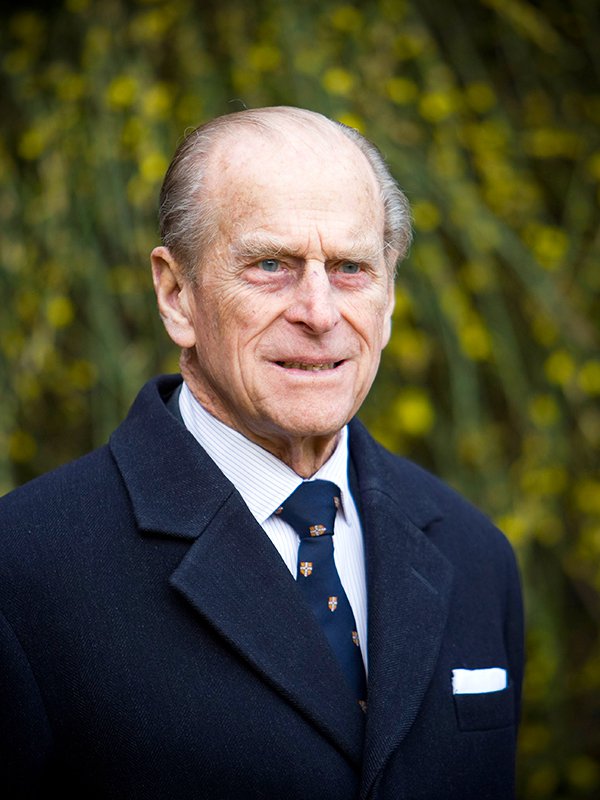
Merciful God, be close to all who mourn,
especially The Queen and all members of the Royal Family.
May they know the comfort of your love,
through Jesus Christ our Lord. Amen.
Eternal God, we give thanks for the life of Prince Philip,
founder of the Duke of Edinburgh’s Award.
We remember his vision and imagination,
his interest in young people and his support for them.
Inspire us with the same commitment
to serve friend, neighbour, and stranger alike,
through Jesus Christ our Lord. Amen.
Dawn at St Melangell’s – the gates and the door are open for worship today as the restrictions begin to ease. May the light of Christ shine this Easter for Christ is risen! He is risen indeed! Alleluia!
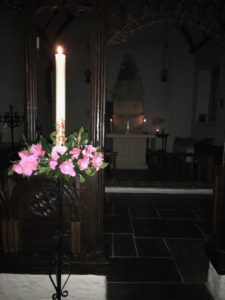
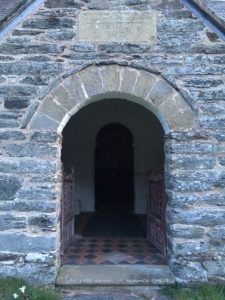
“I’ve gone from building houses to building hope in people’s lives.” Dan Cant, a carpenter who lost an arm in a car crash and was fitted with a replacement. He is now in training and known as the Bionic Priest-to-be.
With my prayers,
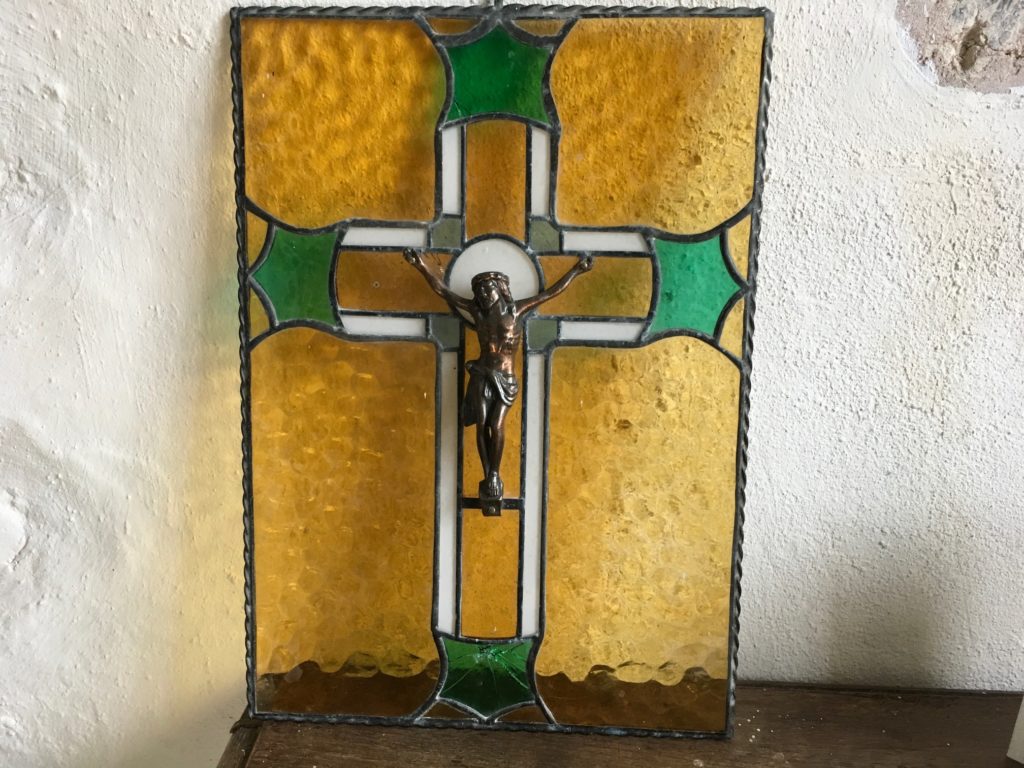
or ringing
It is regretted that, as yet, not all the usual services can be held this Holy Week.
A wide range of online worship resources will be available through the Diocesan website and can be accessed here: https://dioceseofstasaph.org.uk/lent-holy-week-and-easter/
Led by members from across the Teulu Asaph, services include:
Supplementing these diocesan services will be live Cathedral services for the Commemoration of the Last Supper on Maundy Thursday evening at 7pm, and the Good Friday Liturgy at 14.00
Reflection for Palm Sunday
“Now to the gate of my Jerusalem, the seething holy city of my heart, the saviour comes. But will I welcome him?” From Palm Sunday: a sonnet by Malcolm Guite.
God of Love, as the ultimate sacrifice of Jesus draws close, and he prepares to face capture, trial and death, your Gospel calls our attention to the donkey: the humble, patient, loveable creature carrying Our Saviour into Jerusalem. Give us the same patience, obedience and humility to hear your calming voice amidst the concerns we face this week, that we may trust you as our Guide, and know you as our Saviour. Amen. Canon Carol Wardman
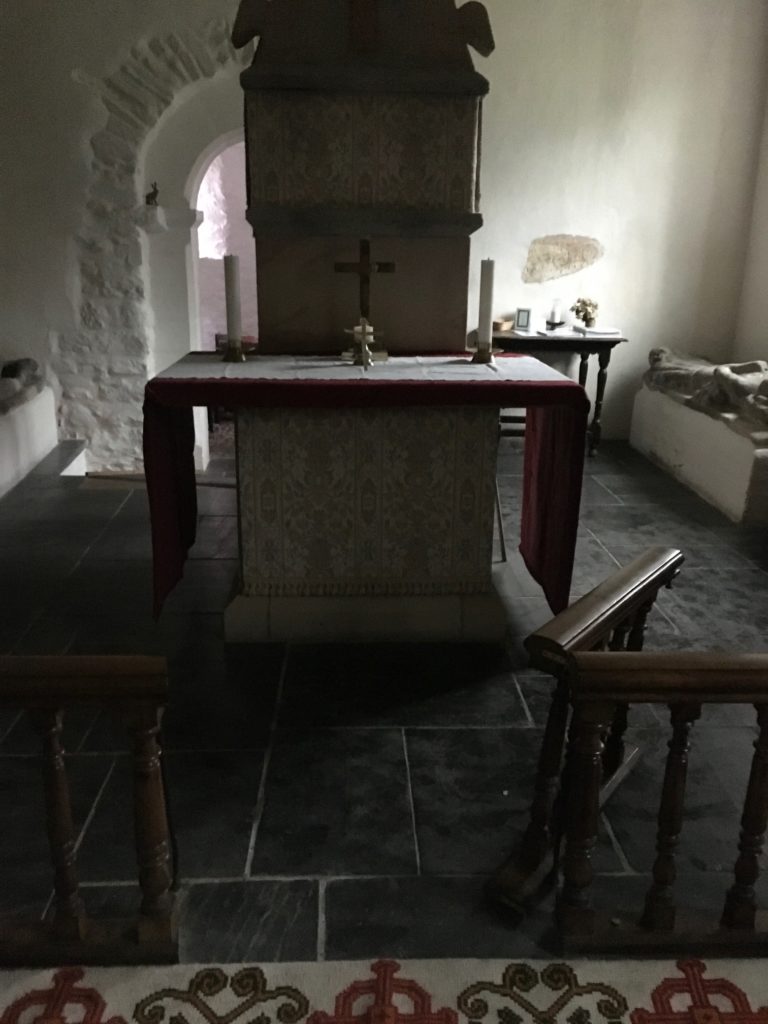
Reflection for Mothering Sunday